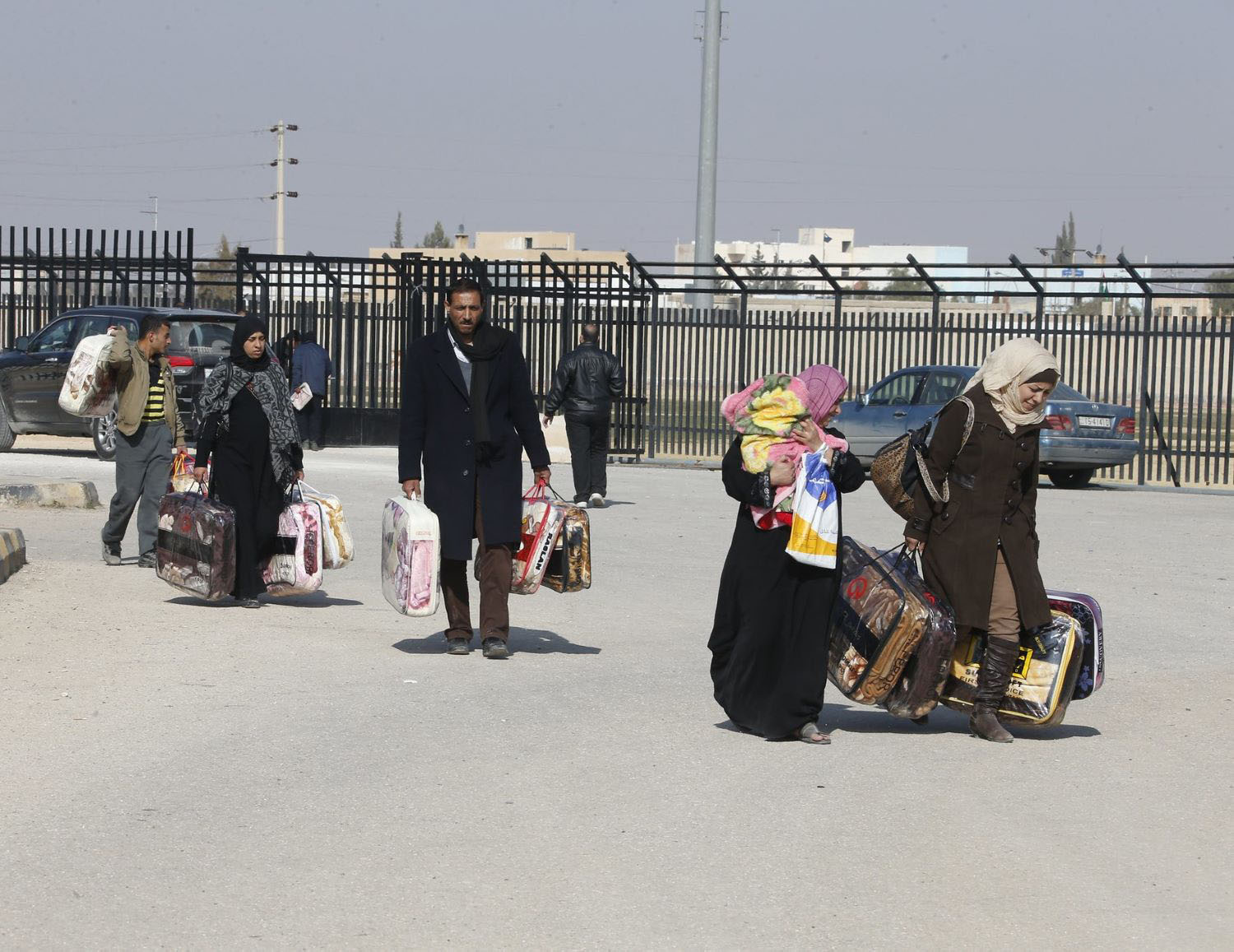Ideas to action: independent research for global prosperity
Research
Innovative, independent, peer-reviewed. Explore the latest economic research and policy proposals from CGD’s global development experts.
WORKING PAPERS
March 27, 2024
WORKING PAPERS
March 28, 2024
CGD NOTES
March 26, 2024
CGD NOTES
March 28, 2024
All Research
Filters:
Experts
Facet Toggle
Topics
Facet Toggle
Publication Type
Facet Toggle
Time Frame
Facet Toggle
Research
BRIEFS
October 14, 2011
The United States should take modest steps to create a legal channel for limited numbers of people fleeing natural disasters overseas to enter the United States. This would address two related problems: the lack of any systematic U.S. policy to help the growing numbers of people displaced across bor...
WORKING PAPERS
August 10, 2011
Mexico’s Progresa/Oportunidades conditional cash transfers program (CCT) is constantly used as a model of a successful antipoverty program. This paper argues that the transformation of well-trained scholars into influential practitioners played a fundamental role in promoting a new conceptual approa...
WORKING PAPERS
May 19, 2011
New research shows that inequality in Latin America is falling. In this paper, the authors summarize recent findings, analyze the affect of different regimes, and investigate the relationship between inequality and changes in the size of the middle class in the region. They conclude with some questi...






